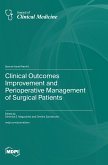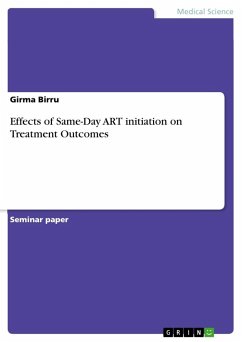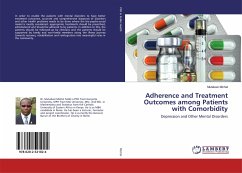Tuberculosis remains a major contributor to the burden of disease in South Africa, and poor TB treatment outcomes continue to undermine all the efforts to achieve a cure of 85% of new TB cases, the target set by WHO. The principal findings are that non-adherence to TB treatment is significantly associated with a number of non-health systems issues. Determinants of poor TB treatment outcomes in patients receiving six-month ambulatory care include unemployment, living in a rural area, distance from patient home to the clinic, living with HIV and being very ill during TB therapy. The TB control programme should go beyond the health systems issues to include inter-sectoral collaboration to address socio-economic and other non-health system barriers to adherence to TB treatment. Patient centred and community based interventions should be redesigned in order to strengthen TB control programme in ambulatory care. The pro-poor strategies will require that a full risk assessment be undertaken on each newly diagnosed TB patient so as to identify potential factors for non-adherence. The DOT strategy needs to be reviewed and implemented based upon circumstances applying to each patient.
Hinweis: Dieser Artikel kann nur an eine deutsche Lieferadresse ausgeliefert werden.
Hinweis: Dieser Artikel kann nur an eine deutsche Lieferadresse ausgeliefert werden.








